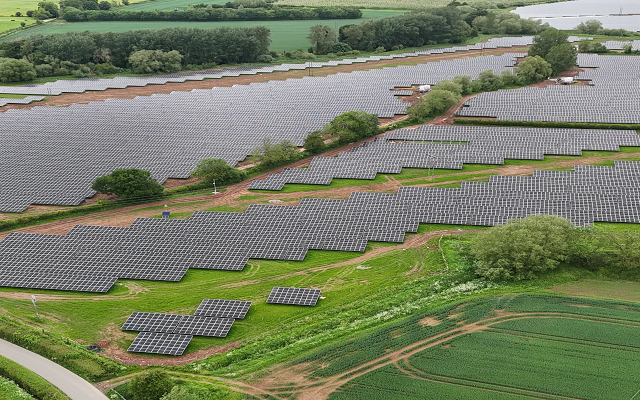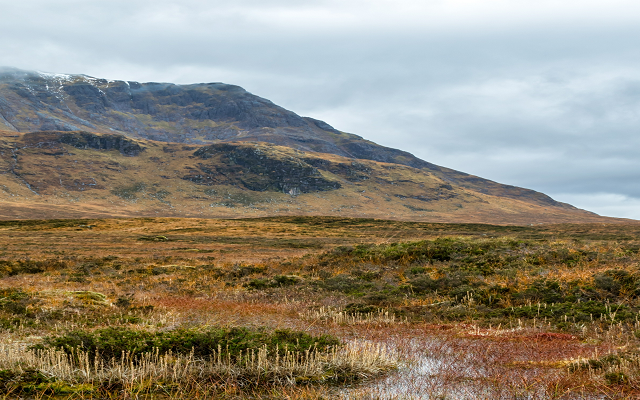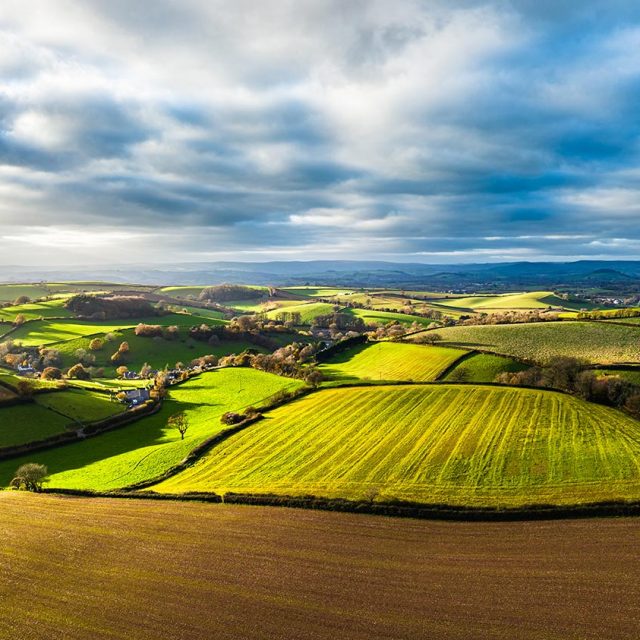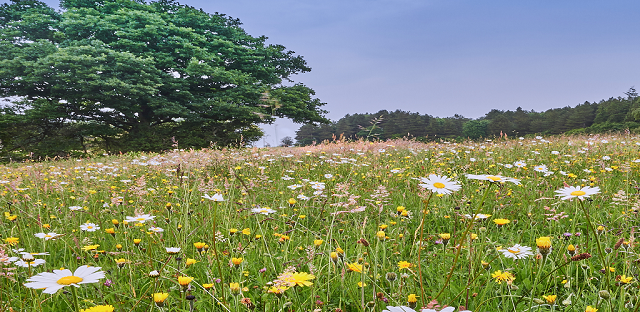Q&A with Henry Dimbleby, lead of the National Food Strategy
What is the National Food Strategy? It’s the first major review of the nation’s food system in 75 years and will shape a government White Paper, setting the ‘field-to-fork’ agenda for the coming decades.
How much of an issue is the disconnect between our largely urban society and those who produce food? The differences between urban and rural can be overstated. People share many of the same values, regardless of where they live or how affluent they are. They want a better food system for their children – one that ensures we’re healthy, enhances our environment, respects animal welfare, produces a variety of quality food and delivers food security.
Are you optimistic about the future for farmers and landowners? Yes, but I can’t see a future for them as commodity producers on a global scale. Where they can be world leaders is in high-quality, sustainable production. The change from the Common Agricultural Policy to the Environmental Land Management System (ELMS) is a real opportunity for them to make this shift. What’s vital is that future trade negotiations don’t leave our farmers exposed to competition from countries with lower standards. The government has said this won’t be the case, so it must deliver on this.
Debate on many topics has become adversarial – is this a problem? Yes. If you look solely at Twitter, you might be forgiven for thinking the debate is simply between people who think all livestock farming should stop and those who think that eating no meat would herald the end of civilisation. The more important, more useful conversation is to be had between these two positions. Questions such as: ‘How can I eat better meat?’ and ‘What actually is better meat?’ We need more light and less heat.
You once said that, when we faced the last crisis in our food system after WWII, our farmers were ‘the heroes who led the way’. Who will be our food chain heroes in future? We’ll need leaders from all sectors, but farmers will again have a key role as they steward 70% of the country’s land. Many are already setting the agenda, working together to improve ecosystems and catchment areas to improve biodiversity and soil health, reduce inputs and help with flood alleviation. Farmers also have a critical role reconnecting children with food, which will benefit the nation’s physical and mental health.
What has coronavirus taught us about food? The pandemic has certainly reminded us how easily supplies can be disrupted. We mustn’t ever be complacent about food security – the period of relative stability we’ve enjoyed in the Western World has actually been relatively short.
How can farmers and landowners influence the next stage of your work? They can go to the website (nationalfoodstrategy.org) and share their thoughts or sign up for updates. We are currently focused on our response to the coronavirus crisis, so will share details of the NFS timetable once it becomes clearer. Our diet and our method of producing, manufacturing and selling food has changed beyond recognition in the past half century. In 50 years’ time, it will have changed again – it’s up to all of us to now agree a vision for the kind of food industry we want to build.
This article first appeared in the Spring/Summer 2020 issue of Land Business. For more download the full Land Business Spring/Summer 2020 publication.






